Projects
Supporting innovative, cutting edge ideas, the Research Innovation Fund (RIF) provides seed grants for cross-college collaborative projects.
How do I apply?
Project Description
Media
Filters
- Project Types
- All
- Animal Health
- Aquaculture
- Automation and Robotics
- communities
- Communities/Farmers/Relations
- Computational Modeling
- Controlled Environment Agriculture
- Crop Production
- Dairy/Livestock Production
- Data Integration and Processing
- Farmers
- Farmers, Communities, Relationships
- Food Safety
- International Agriculture
- Iot and Networks
- Machine learning
- Machine Learning
- Plant Breeding
- relations
- Sensing Technology
- Soil
- Trustworthy AI
- Years
- Project Creators

Sociology of Myanmar’s Emerging Agritech
This project focuses in emergent agritech initiatives in Myanmar, a nation that came online only after a democratizing government shattered the military telecoms monopoly in 2014. The research contributes to the growing fields of digital political ecology, digital agriculture, and critical data studies by ethnographically investigating how new farmer extension apps, drone-spraying services and digital cooperatives are reshaping relationships between people, food, and land. Building on interviews and participant observation, a case study will be developed into a manuscript to be submitted to the Global South to Agriculture and Human Values or Geoforum in Fall 2020.
Hilary Faxon (GR- CALS), Primary Advisor: Jenny Goldstein (CALS); Secondary Advisor: Steve Jackson (CIS)
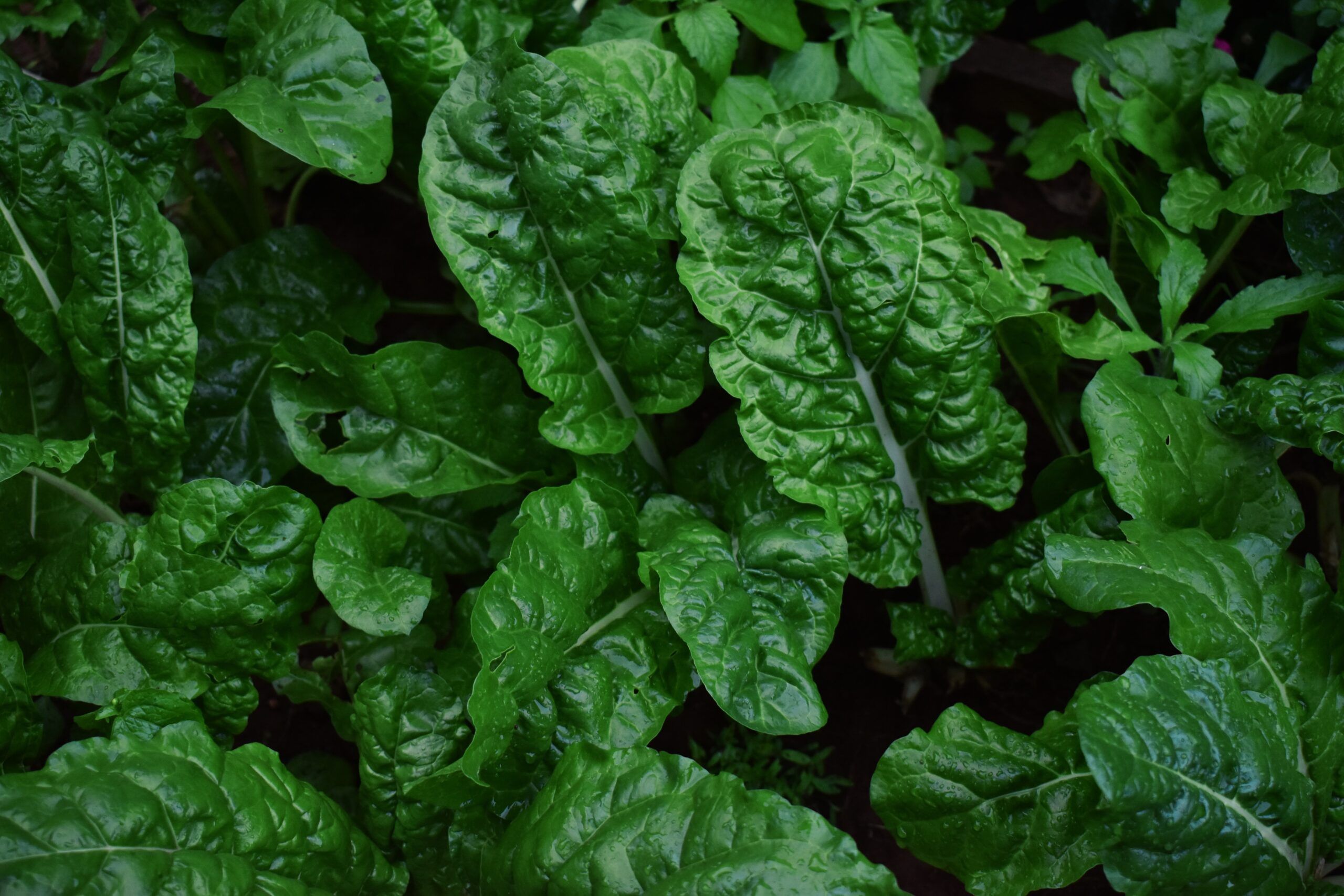
In silico prediction of spoilage phenotypes using metagenomics approaches
Models are an effective tool to assess microbiological spoilage in food systems. Accurate identification and phenotypic characterization of spoilage bacteria can aid in the construction of these models. This project focuses on the development of an in silico method to predict spoilage phenotypes based on allelic types (ATs) allowing for quick identification of bacterial characteristics that influence spoilage. A database built from collected data from spinach and milk will allow for rapid assessment of spoilage phenotypes in food products using targeted sequencing methods.
Syria Sunil (GR- CALS), Primary Advisor: M. Wiedmann (CALS), Secondary Advisor: Renata Ivanek (CVM)
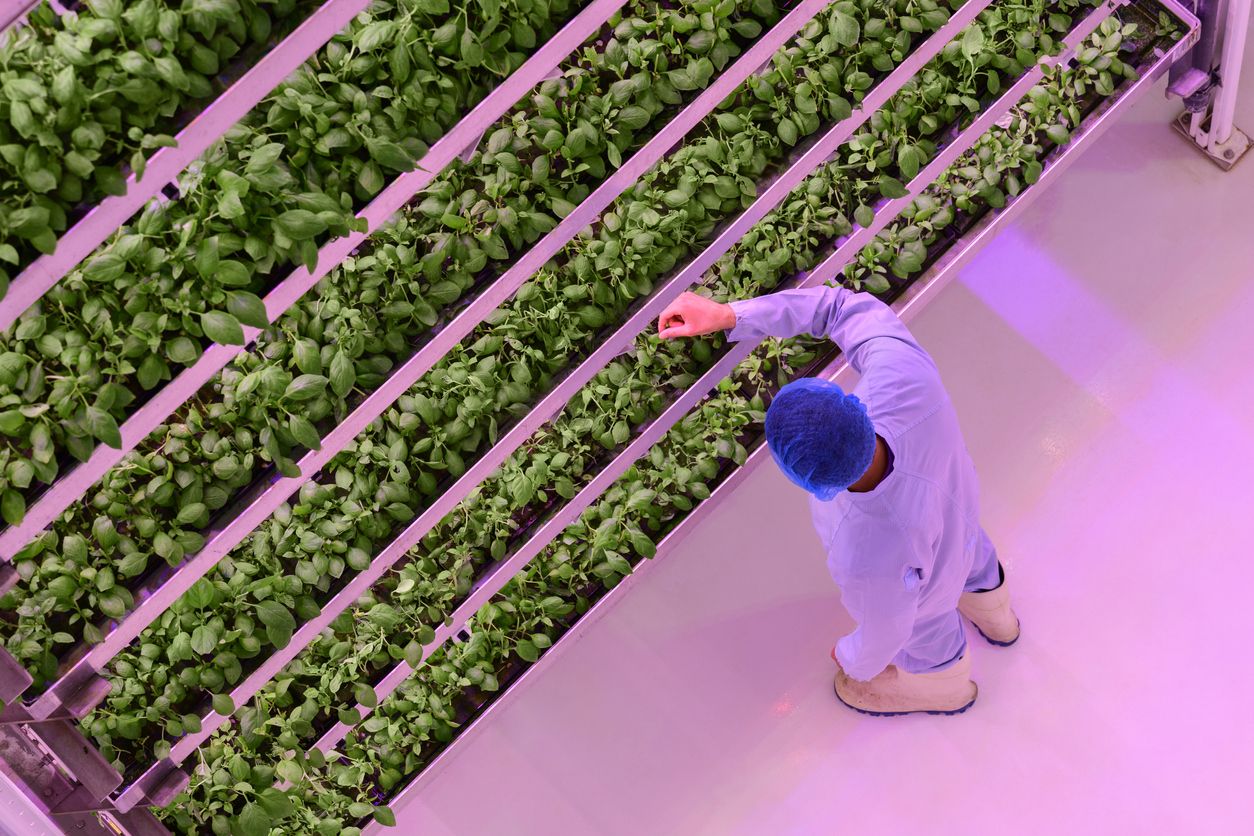
Artificial Intelligence based Smart Automation of Plant Factories for Agricultural Production
This research addresses the complex challenges associated with operating such vertical farms in plant factories. The project focuses on automation for energy management and maximization of natural resources using techniques based on artificial intelligence (AI) that help to optimize the microclimate in plant factories. Due to scarcity of environmental data available, reinforcement learning based AI algorithms will be used to develop an optimal microclimate control scheme that focuses on maximizing yield while minimizing energy cost and pesticide usage.
Akshay Ajagekar (GR- COE), Primary Advisor: F. You (COE), Secondary Advisor: Neil Mattson (CALS)
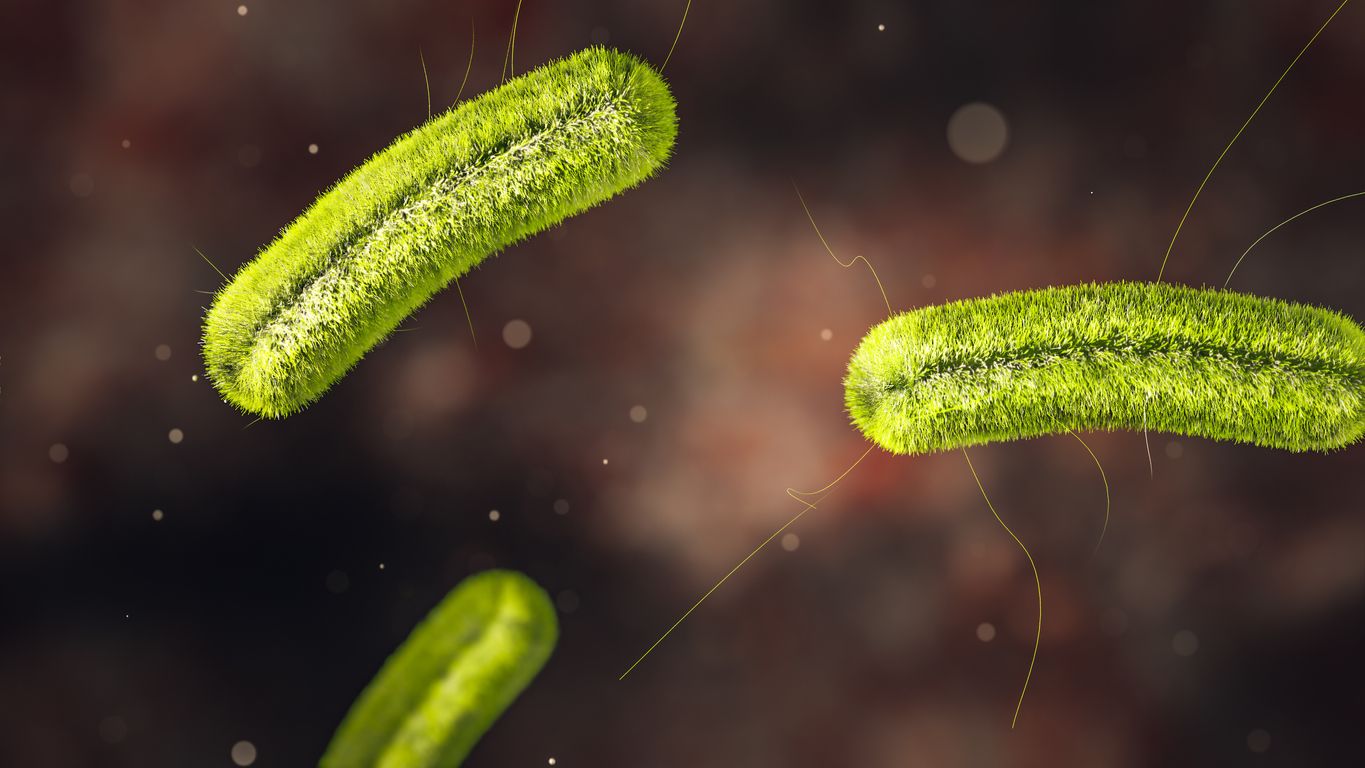
Knowledge, Health, and Social Drivers of Frozen Vegetable Consumption in Women of Childbearing Age
Consumer behavior, and regulations that anticipate that behavior, are integral components in food safety and disease prevention. Listeriosis, caused by food-borne pathogens, is particularly concerning in pregnant women and can cause miscarriage and fetal death. There are currently no FDA guidelines regarding Listeria monocytogenes (LM) contamination in frozen foods. This research investigates how women of childbearing age prepare frozen vegetable products to assess consumer behaviors that could be risky for LM exposure. To study frozen vegetable preparation and what factors influence this behavior, a questionnaire survey will be developed and distributed using the Google Survey Methodology (after obtaining research approval from Cornel IRB).
Hannah Rosenthal (UG- CHE), Primary Advisor: Renata Ivanek (CVM); Secondary Advisor: Alan Mathios (CHE)
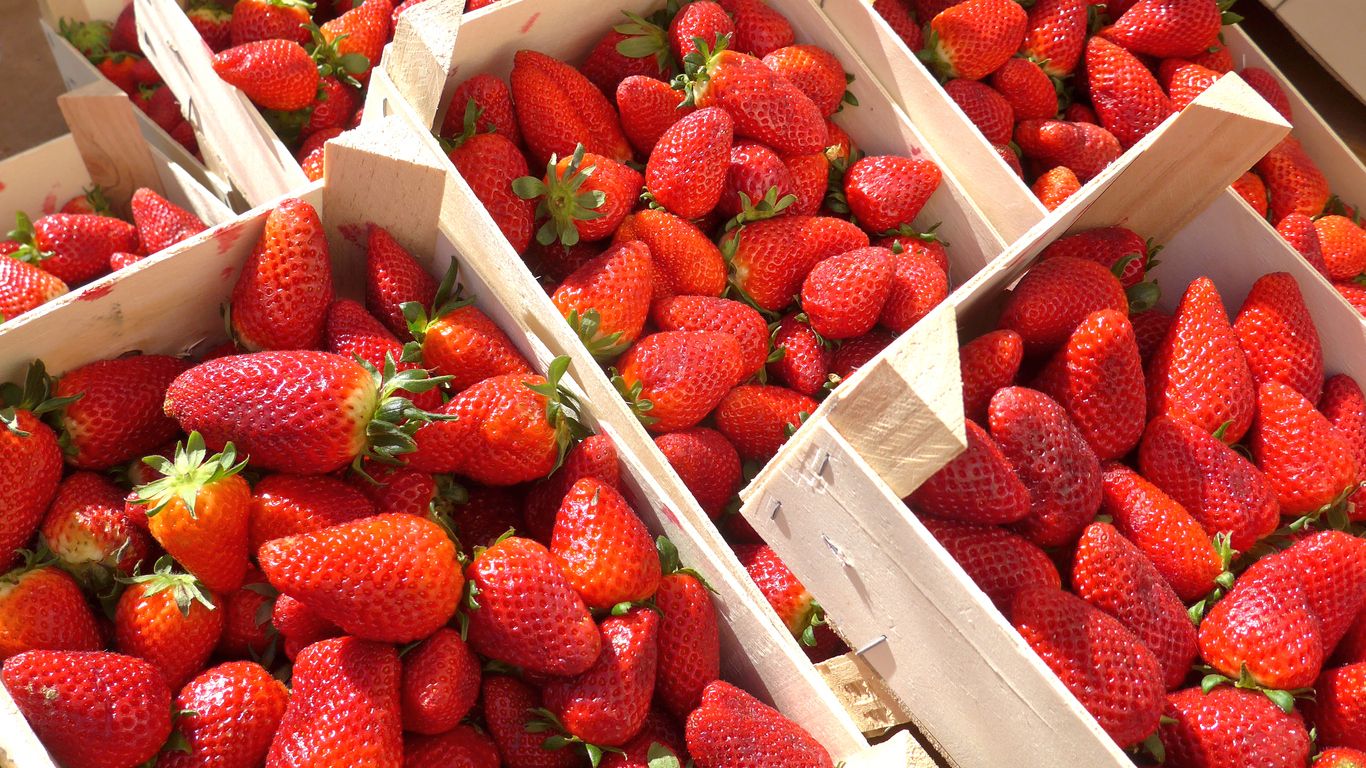
StraBot: a Soft, dexterous soft manipulator with hybrid sensing for strawberry harvesting and monitoring
Automating strawberry picking is the holy grail of agriculture. It is backbreaking work, the point at which you pick the strawberry is highly variable, and requires delicate touch when pulling. Soft robotics is a technology that has been developed over the past decade and can potentially solve this problem. Dr. Pritts is an expert in strawberry agriculture, and Dr. Shepherd is an expert in soft actuation and sensing. This work will finally explore the potential for soft robotics to solve this critical agricultural need by creating robotic manipulators that can pluck strawberries at high yield.
Rob Shepherd (COE), Marvin Pritts (CALS)
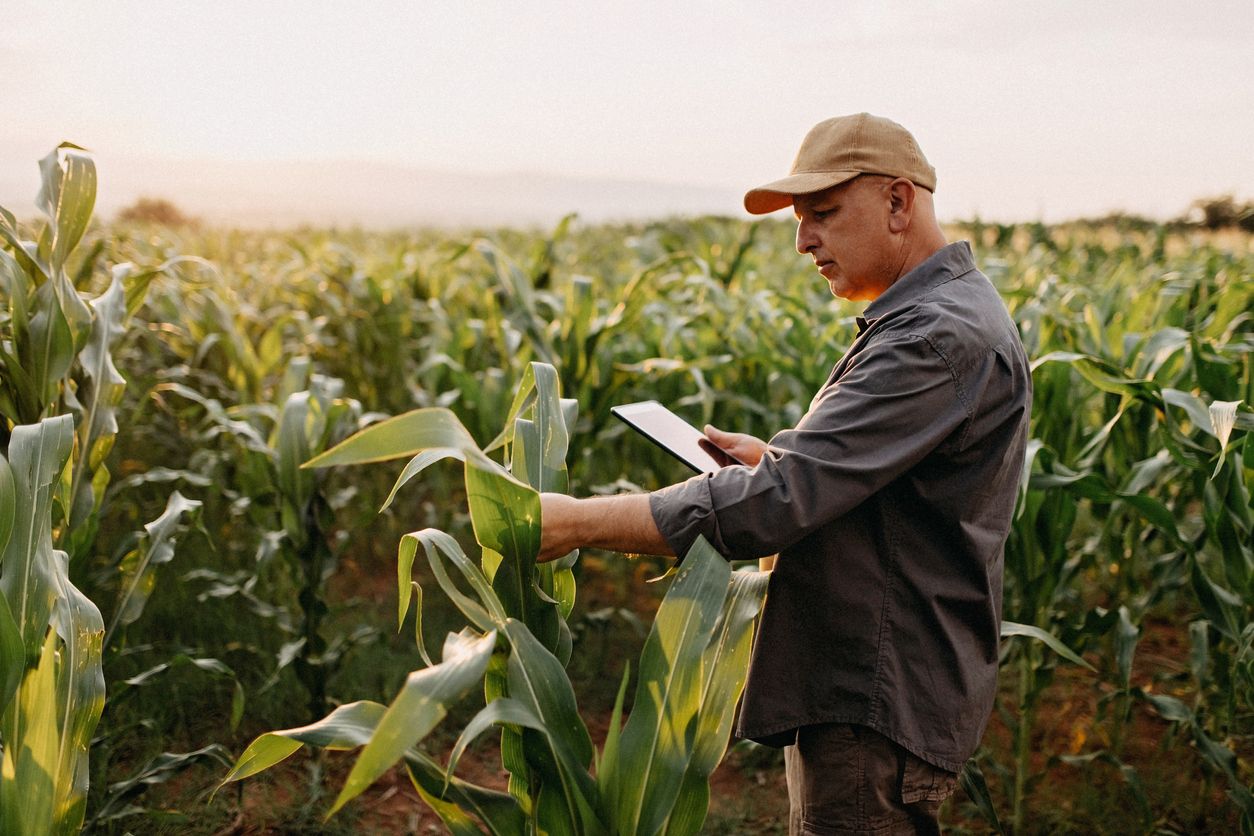
Dynamic Crop Height Measurement for N Management
The use of Nitrogen fertilizers in moderation can promote plant growth and boost crop yield, while in excess it can be harmful to the plant and the environment. By developing a system that can accurately capture the height of plants in a field, we can compare the rate of growth of different crops in response to N treatment and find the optimal time and amount of N to apply. An array of laser diodes paired with photoresistors will simulate a gate of light and through programming we can detect if the gates are either closed or open. This system works well in a controlled environment but in a natural environment, reflections from other surfaces and on a particularly bright day when there is a lot of natural light, are challenging. Throughout the 10 weeks of summer we will test new methods to improve sensor data.
Charles Smith (UG-COE), Primary Advisor: Louis Longchamps (CALS), Secondary Advisor: Joseph Skovira (COE)
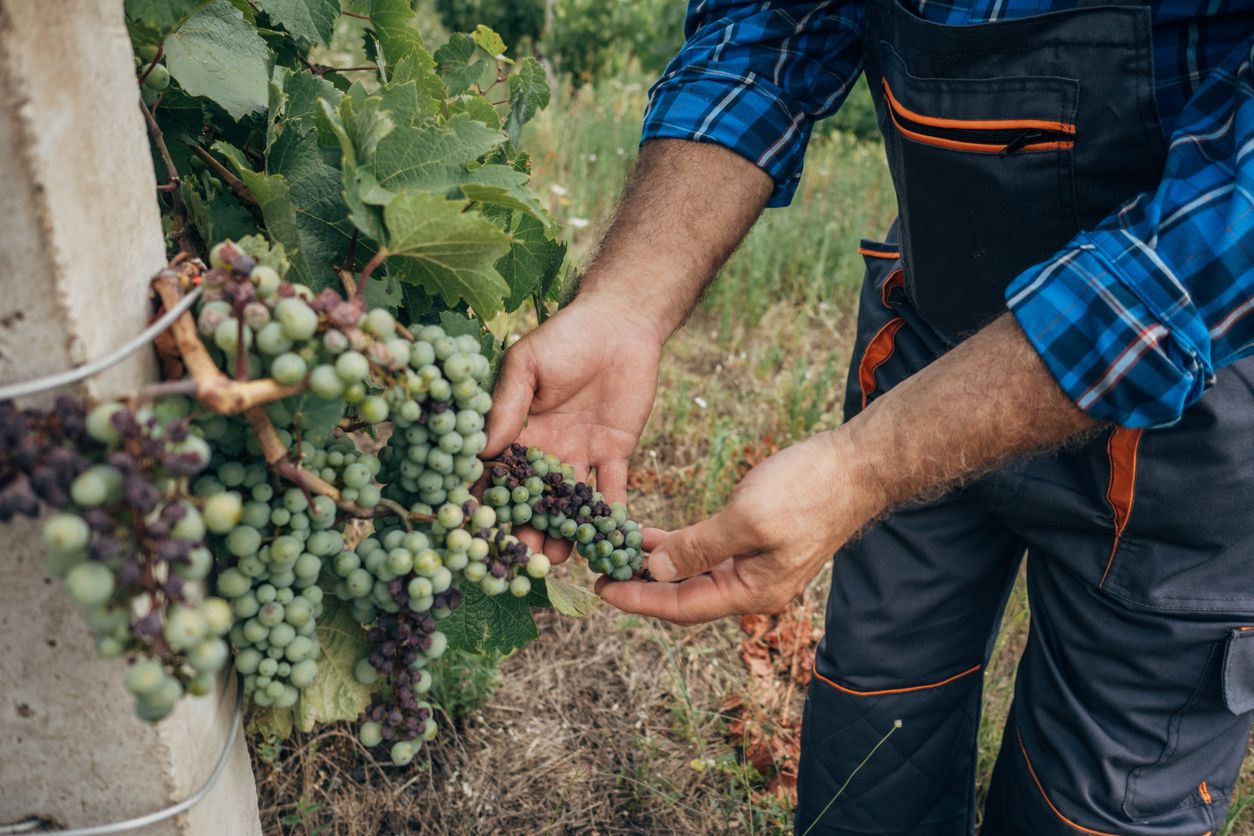
Accelerating the Application and Adoption of Remote Sensing Decision Support in Northeastern Viticulture
Current plant disease detection frameworks are inefficient and inaccurate because they primarily rely on human detection via scouting – the process of physically visiting a field and looking for disease. By the time disease is discovered, the period of time when management intervention would be most effective has long passed. My research with the Gold lab combines remote sensing, high resolution satellite imagery, with environmental data to optimize disease detection in vineyards. Throughout the course of our project, I will design a novel disease prediction scheme that combines DMCast, an existing disease risk model, with spectroscopic imagery within a deep learning architecture. Once trained on historical data, this model can be integrated into computer vision techniques that extract insights from satellite imagery, creating a powerful framework for the future of vineyard disease management.
Somil Aggarwal (UG-COE), Primary Advisor: Katie Gold (CALS), Secondary Advisor: David Shmoys (CIS)
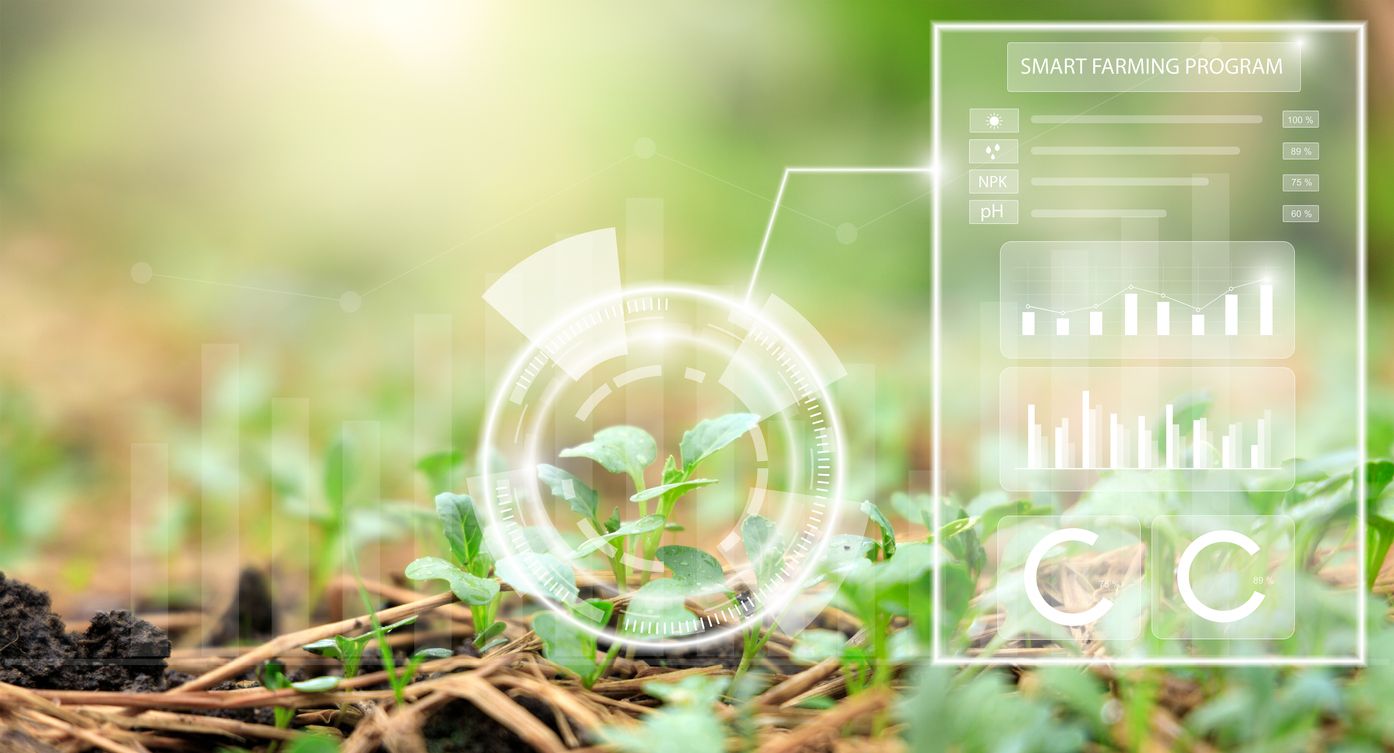
Internet of Dirt
In recent years, Internet of Things (IoT) infrastructures have expanded into the field of agriculture. Some of the applications for IoT in this context includes precision agriculture, livestock monitoring, and smart greenhouses. While these systems are designed in specific ways to fit their environment, they may degrade and fail in unexpected ways that require replacement and repair. In this research, I will study the maintenance of IoT infrastructures in the context of agriculture through 1.) conducting ethnographic field work and 2.) generating design implications for future IoT systems for agriculture. Over the course of the summer, I will examine the interactions between farmers, technicians, IoT infrastructures, and the environment as a way to understand how these systems are maintained across different field sites. These field sites will build upon existing collaborations with CIDA and will include farms that have implemented IoT systems. The fieldwork methods will include participant observation, semi-structured interviews, and design probes as a way of gaining key insights on how these IoT systems are maintained. I will then generate design implications by identifying mismatches between practices at the field sites and current design directions as a way suggest how systems could better meet the needs of the farms. These design implications will support the development of future development of IoT systems for agriculture at local, regional, and global scales.
Jennifer Liu (GR- CIS), Primary Advisor: Steve Jackson (CIS), Secondary Advisor: Phoebe Sengers (CAS)
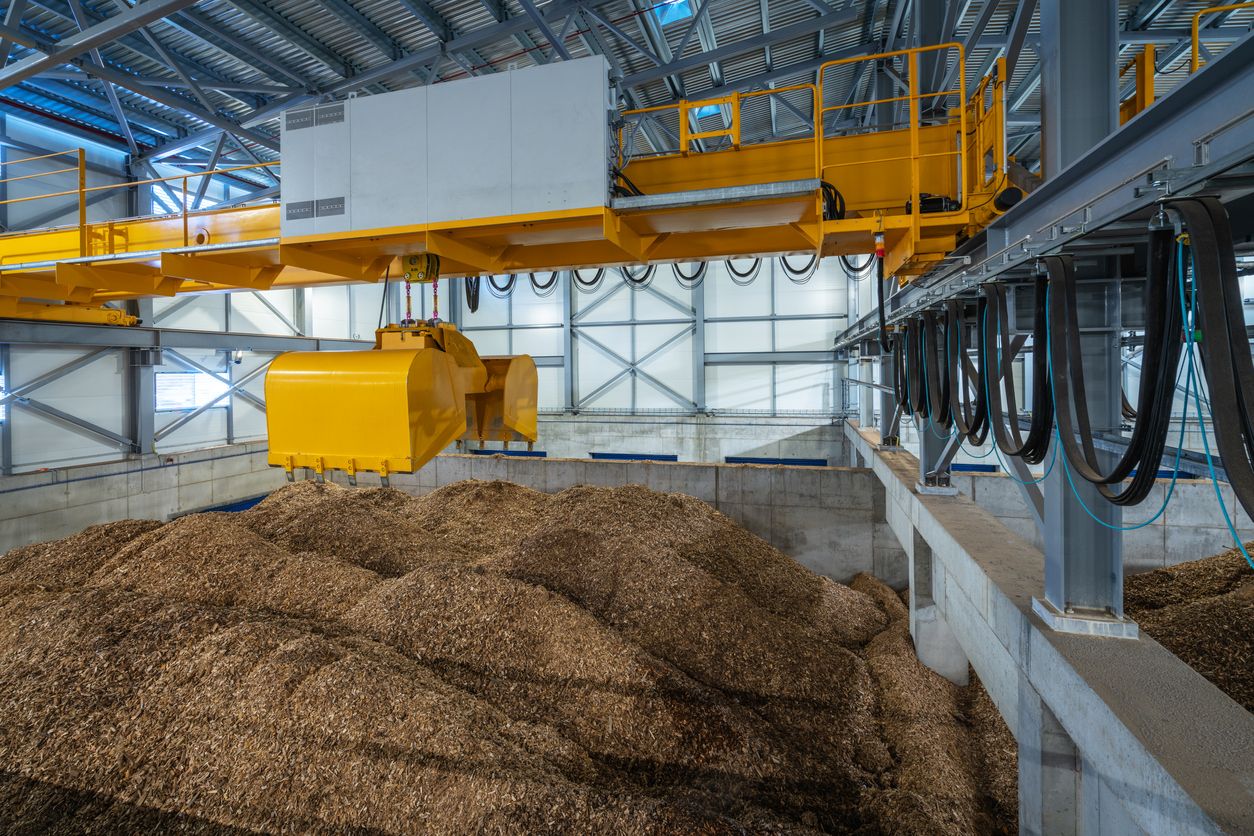
Digital Tools for Systems Analysis and Data Analytics of Biomass Pyrolysis in Agriculture
Biomass is a promising source of renewable energy with eco-friendly characteristic receiving great attention especially in Digital Agriculture communities. Biomass pyrolysis is the thermal decomposition of biomass occurring in the absence of oxygen. Depending on the final temperature and reaction time, pyrolysis technologies can be classified into two types: slow pyrolysis and fast pyrolysis. The yields as well as the physical and chemical characteristics of the products vary considerably according to the types of pyrolysis technologies. This research project is to study the environmental impact of spatial analysis of biomass processing considering specific pyrolysis technologies under economic and environmental criteria. By performance life cycle and techno-economic analysis/optimization biomass supply chains, we leverage data science and systems engineering methods with agricultural systems. We adopt life cycle optimization method to balance both the techno-economic and life cycle environmental impact objectives. Two major activities of my work are life cycle assessment and systems modeling. In life cycle assessment, we evaluate the global warming potential (GWP) of different pyrolysis technologies using existing technology data and Ecoinvent V3.5. In problem modeling, a bi-objective optimization model is formulated in order to balance the economic and environmental objectives.
Ning Zhao (GR- COE), Primary Advisor: Fengqi You (COE), Secondary Advisor: Johannes Lehman (CALS)
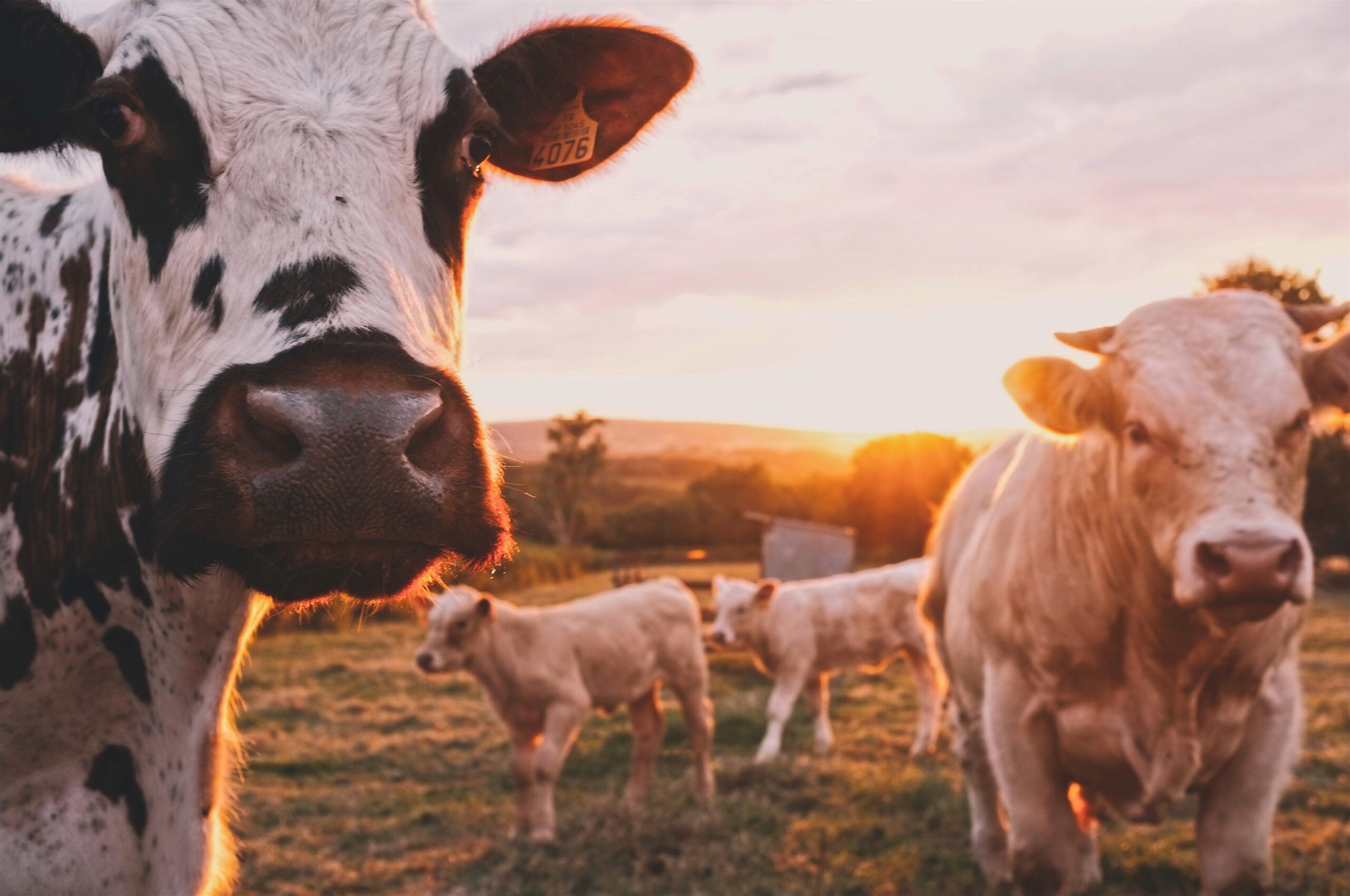
ReproPhone and e-Synch: Novel Tools to Automate and Optimize Cattle Reproductive Management
Main goals are to develop; 1) e-Synch; an intravaginal reusable device to automate synchronization of ovulation and monitor physiology of cows and 2) ReproPhone; a user-friendly, rapid, low-cost tool to determine pregnancy and ovarian status of cows on-farm. The e-Synch consists of an electronically controlled device loaded with products to synchronize ovulation and sensors to monitor cow activity and temperature. Briefly, user inserts e-Synch and selects desired treatment with a mobile app. Next, e-Synch automatically delivers hormones required for the selected protocol. Once protocol is completed, e-Synch is removed and the cow is inseminated. On the other hand, ReproPhone consists of a lateral flow immunoassay (LFIA) to quantify circulating reproductive hormones coupled with a portable imaging device connected to a mobile app. Specific activities: 1) Evaluate efficacy of e-Synch. Conduct field trials to evaluate the ability of current prototype to deliver hormones used for synchronization of ovulation. Based on initial tests we will work with Dr. Erickson’s group to improve the design and function of the device. 2) Optimize current LFIA. Currently our LFIA and reading system is designed to test plasma samples, which is not ideal for on-farm implementation, as samples need to be processed before testing. Therefore, I will work on modifying current format to measure hormones in unprocessed whole blood samples. Activities include laboratory experiments and on-farm testing.
Magdalena Masello Souza (GR- CALS), Primary Advisor: Julio Giordano (CALS), Secondary Advisor: David Erickson (COE)
Become a Fellow
Stay up to Date
If you have a disability and are having trouble accessing information on this website or need materials in an alternate format, contact [email protected] for assistance.
CIDA Copyright 2023 | CIDA is an equal opportunity employer | Terms of Use | Privacy Policy